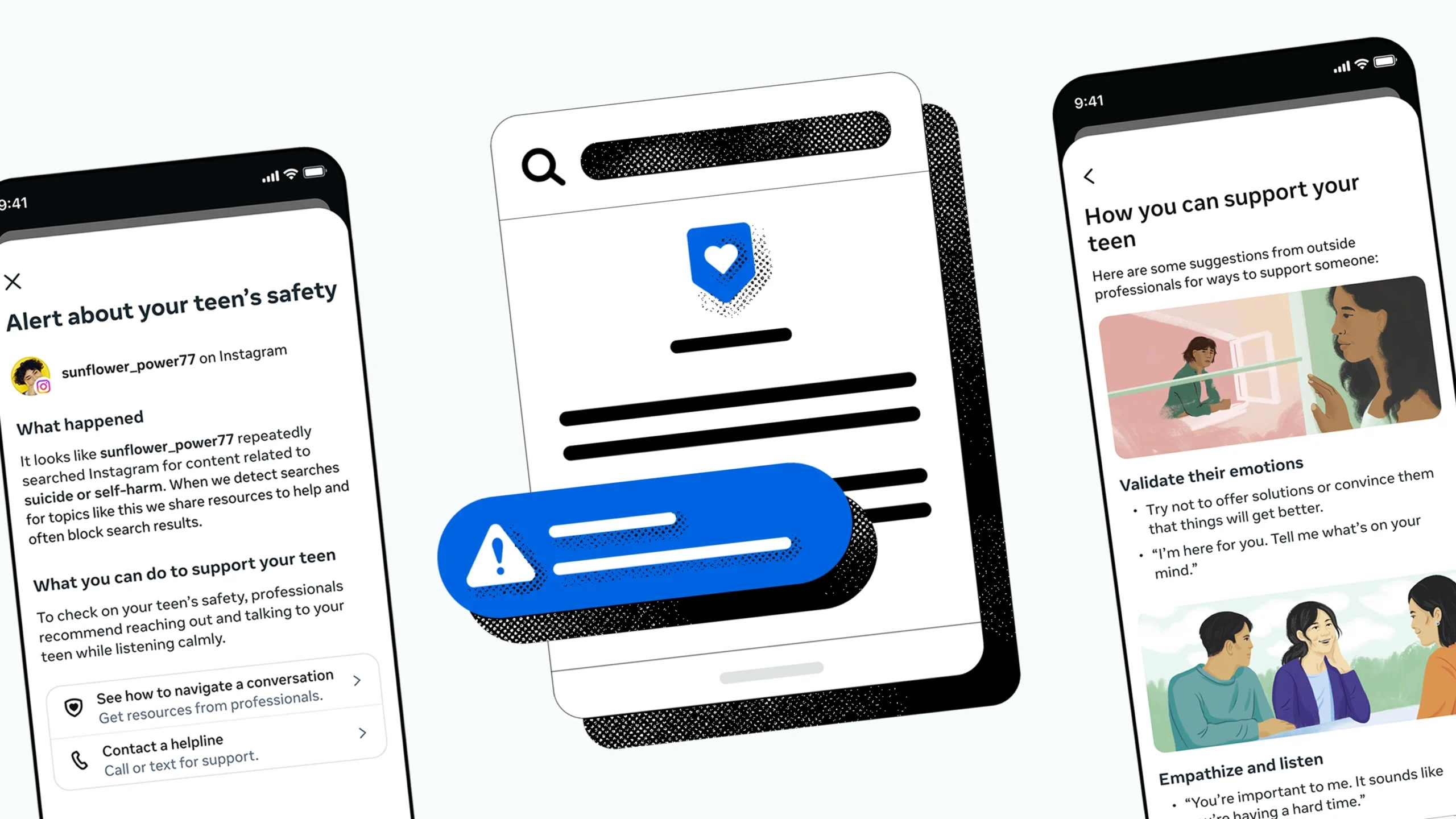Quiet Quitting: What’s All the Buzz About it?
Here’s what we know about the latest phenomenon: Quiet Quitting.
There will be days when everything in life just feels demanding. Whether it’s work, school, or parenting, everything will feel like it’s too much. But for many, quitting isn’t an option. Some of the things that are too demanding are an essential part of maintaining a lifestyle. So instead of dropping it altogether, there’s an alternative known as quiet quitting.

Where did Quiet Quitting come from?
The trend of “quiet quitting” had been going on for a while and originated in China in 2021, from the word “躺平”(read as tǎng píng) which means ‘to lie flat’. It may sound quite strange for a country that prides itself on having diligent and hardworking professionals. But, an author soon poked holes into it, saying that work shouldn’t be one’s life. Thus, it became the symbol of a social rebellion among many young workers in China. And eventually, the world.
The Quiet Quitting Movement: Clash of Old and New Ideals
Unfortunately, many of the old generation find the “quiet quitting movement” harmful. Several of the CCP newspapers and journals like the Guangming Daily, Nanfang Daily, and even the president of China, President Xi Jinping issued an explicit warning. But it’s clear that the movement is showing no signs of stopping. A viral TikTok sparked a lively debate in a Reddit thread in Brisbane, Australia, with many young professionals and parents enjoying the success of quiet quitting.
“I’m continuing to get rid of the negative energy in my life. I think 2022 will be an upgrade to 2021, but I still don’t want to do anything. I will continue to ‘lie flat’. I enjoy this state,” shares one user.

Young Professionals: “It’s Nothing New.”
Many young professionals — both millennials and Gen Zs — argue that this “quiet quitting” is nothing new. It’s not even supposed to be destructive to the company. Rather, it’s the trend of doing what is written in the job description. Users on Reddit even called the buzz about Quiet Quitting as a form of propaganda by other companies.
“Making it seem like you have to do some extra task. Then not noticing when you do it, then gaslighting you into thinking you did it voluntarily,” writes one user.
“Quiet quitting is a media brand for ‘acting your wage’,” shares another.
“Can I also add — management gaslighting us to perform job functions that are above our pay grade to ‘prove we deserve the promotion and then have them subsequently give it to someone else anyway’.”
Some of those even cited it as a form of wage theft which is highly rampant in America. Others called it a response to “Quiet Firing” where a company keeps loading on duties to an employee they are not fond of or ostracizes them to the point of quitting to avoid the legal loopholes.

Many of the working class are the kids of those who suffered from toxic work spaces.
Many of the older generations find it easier to dismiss and scoff at the millennials and Gen Zs as ‘just not being like them’ or ‘having a bad work ethic’. But a lot of these millennials and Gen Zs are either parents or the kids of the old generation. And with being mindful as well as mental health awareness ushering in a new era, it’s their way of saying, “We don’t live to work. We work to live.“
More about work and burnout:
Working Parents: “It’s okay to feel burned out.”
Stay-At-Home-Moms On Returning To Work: It’s Okay To Be Nervous
Mental Health and Filipino Families: We Need To Talk









